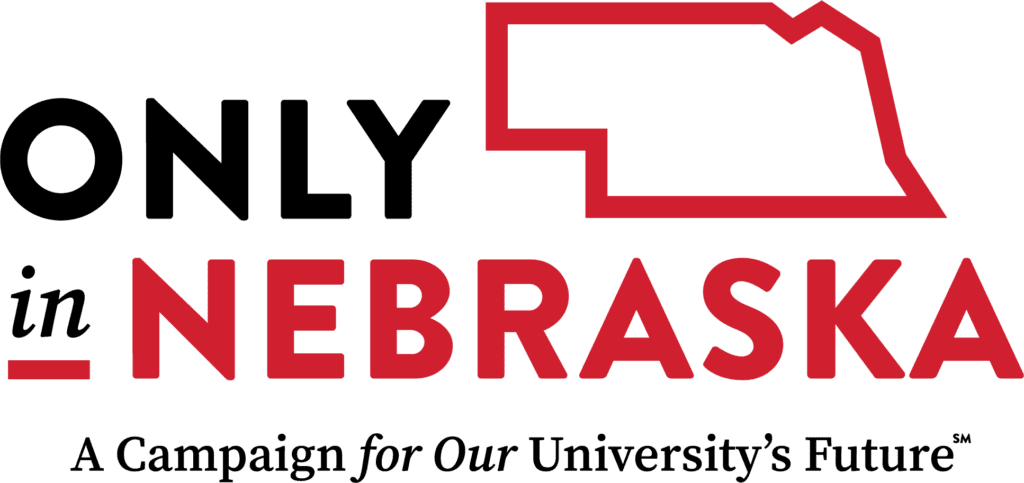When you can accept death, you can accept life
‘When you can accept death, you can accept life’
Dr. Julie Masters, the Terry Haney Chair of Gerontology at UNO, loves helping older people – and her students – understand aging.
Posted:
mar, mar 7, 2017
She thinks a lot about dying and death.
But Julie Masters, the Terry Haney Chair of Gerontology at UNO, thinks even more about living, and about what makes people thrive in their later years of life.
“We live in a death-denying culture,” Dr. Masters says. “When we think that death is something to be avoided and we fail to embrace it, we lose out on so much of living.
“Because when you can accept death, you can begin to accept life.”
She thinks a lot about how the study of gerontology is important to this state. Understanding what the aging experience entails – from the physical to the financial to the environmental to the social – is vital to helping older people thrive.
Nebraska, like its neighbors, has experienced an aging of its population, particularly in rural communities. It has seen people in the farming and agricultural community age to the point where the state now must think about ways to serve those people.
“One of the things our students can do,” she says, “is contribute to that understanding.”
As a professor, she interacts mostly with young people whose lives and thoughts are decades away from growing old and dying. But she looks at the faces in her classes and sees the state’s future doctors and nurses and lawyers and police officers …
“We hopefully are introducing them to things that they may not have thought about in their own respective majors,” she says. “It’s truly a privilege to educate them about such important issues as aging and the end of life.”
She teaches classes at both UNO and UNL. She’s also an alumna of both. (UNO in ’84 and UNL in ’97.) The other day in Lincoln, during a “Death and Dying” class, she and her students talked about the life and legacy of TV legend Mary Tyler Moore, who’d just died the day before. (Many of her students didn’t even know who Moore was.)
They talked about the Holocaust. They talked about public tragedies like 9/11. Masters had the students find obituaries about people who’d die in very public ways. One young student wrote about a victim of the Orlando nightclub shooting last summer, a 49-year-old mother of 11 kids who was a two-time cancer survivor. The mother had gone with her 21-year-old son to the nightclub. She’d jumped in front of her son when the shooting started and took a bullet. She’d died saving her son’s life.
It just didn’t seem fair, the young student said, that someone who’d survived cancer twice would die.
“Yes,” Masters said softly. “Thank you for that.”
As part of her Terry Haney Chair, Masters is also supposed to go out into Nebraska communities and educate people on the issues of aging. So she speaks a lot to groups like the Kiwanis and healthcare associations. The other day she appeared as a guest on Leta Powell Drake’s “Live & Learn,” a TV program for seniors on 5 City TV in Lincoln.
She thinks a lot about Terry Haney and the other donors to her department.
Haney has been a great friend and supporter for years, she says, and a wise mentor, one who became acquainted with the department while taking graduate-level courses on his way to a master’s in gerontology.
Masters was named the Haney Chair this past September.
“It’s been a tremendous gift, because of Terry,” she says. “He believes so much in our mission and the vision of the department of gerontology that he has said to us – and we’ve fully embraced this – that we would become the best department of gerontology in the world.
“We’ve been very fortunate to have a number of donors who’ve made contributions to our department including Mr. Terry Haney, Dr. Leo Missinne and Dr. Betty Foster along with our advisory board members.
The generosity of our donors has been exceptional and we are so very grateful – whether it’s through their time or their talent or through their treasure. They have done a tremendous job in allowing us to do what we do best – and that is to teach, to conduct research, to engage in service.
“And so I want to make sure they know how very grateful I am for their generosity.”
If you would like to help amazing faculty like Dr. Masters, please contact the University of Nebraska Foundation at 800-432-3216 or send us a message.




